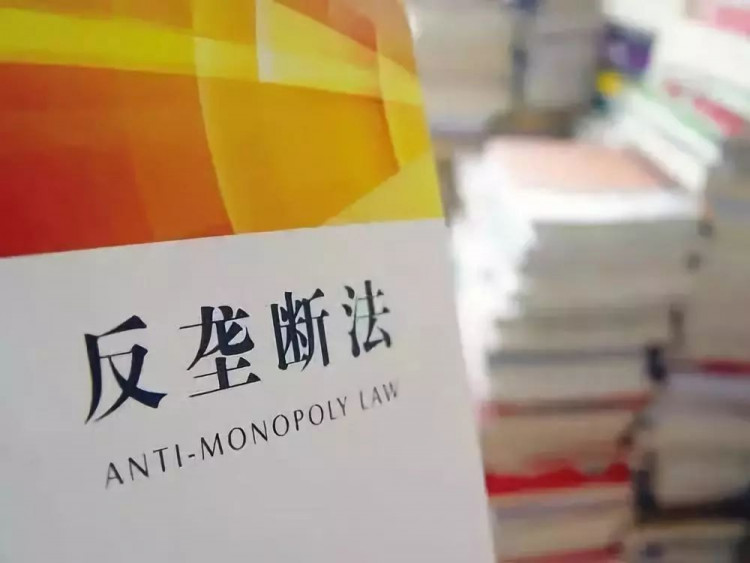After declaring intentions to tighten oversight over China's fast-growing internet giants in the face of recent fiscal malfeasance, Beijing enacted the first wave of penalties upon three leading firms Monday.
For violating China's Anti-monopoly Law, the top market regulator, the State Administration for Market Regulation, fined Alibaba Investment Ltd., China Literature Ltd. and Shenzhen Hive Box Technology Co., Ltd., 500,000 yuan ($76,500) each.
Alibaba Investment is a subsidiary of e-commerce giant Alibaba Group Holding. Tencent Holdings acts as the actual share holder of the e-book platform China Literature and owns a 59% stake. Hive Box Technology is an affiliate of China's delivery giant SF Express.
Shares of Alibaba, Tencent and China Literature on the Hong Kong markets fell 2.6%, 2.9% and 4.1% accordingly.
Alibaba and China Literature have responded to the penalties, saying that the companies are "under active rectification."
Chopping The Tallest Heads
China's Anti-monopoly Law requires companies to gain approvals for acquisitions or mergers if they post a combined annual revenue of more than 10 billion yuan globally, or 2 billion yuan in Mainland China.
The anti-trust authority said the three companies failed to disclose acquisitions of smaller competitors or give prior notifications to the administration, and "complaints about platform monopoly have been increasing day-by-day, indicating competition risks and problems."
From 2014 to 2017, Alibaba failed to seek approval for three acquisition deals that increased its stake in department store operator Intime Retail Group Co. to 73.79%. China Literature, the e-book business spun off by Tencent, failed to report its 2018 purchase of New Classic Media, a film and television production firm, while Hive Box this May acquired a competitor in express terminal services that was formerly owned by China Post Corporation.
"These companies have a large influence in the industry, carry out many investments and takeovers, have specialized legal teams and should be familiar with the regulations governing M&A," said the regulator in a statement. "Their failure to actively declare has a relatively severe impact."
Tencent's most recent merger of DouYu International Holdings Ltd., with Huya Inc., two domestic leading video game livestreaming platforms, is also being reviewed by the regulator.
Small Penalty, Big Determination
Under China's current Anti-monopoly Law, the maximum fine to relevant companies for failure to notify authorities in advance of M&A undertakings is 500,000 yuan.
"Although the amount of fines is relatively low," said the authority. "The penalties are expected to send a signal of tougher anti-monopoly supervision in the internet sector and act as a deterrent."
The regulator added it was also looking into increasing the penalty amount in the upcoming amendment of China's antitrust law.
On Nov. 10, the Anti-Monopoly Bureau of the State Administration for Market Regulation (SAMR) issued the Antitrust Guidelines for the Platform Economic Industry (Platform Guidelines). It aimed to strengthen its antitrust enforcement in the Internet platform sector.
The Platform Guidelines said monopoly agreements are no longer limited to written agreements or secret meetings. In the face of current developments in internet technology, advanced technical methods and data management may also be used to reach monopoly agreements.
This means behaviors such as colluding on sharing sensitive consumer data will also be regarded as anti-competitive behaviors.
In early 2020, when SAMR sought public comments on the draft amendments of the Anti-monopoly Law, SAMR also added a provision prohibiting entities from organizing and helping other undertakings to conclude monopoly agreements.





